Western Digital and Kioxia to get £562 million funding in Japan
The Japanese government is aiming to reinforce its chip supply chain following the semiconductor shortage over the past few years

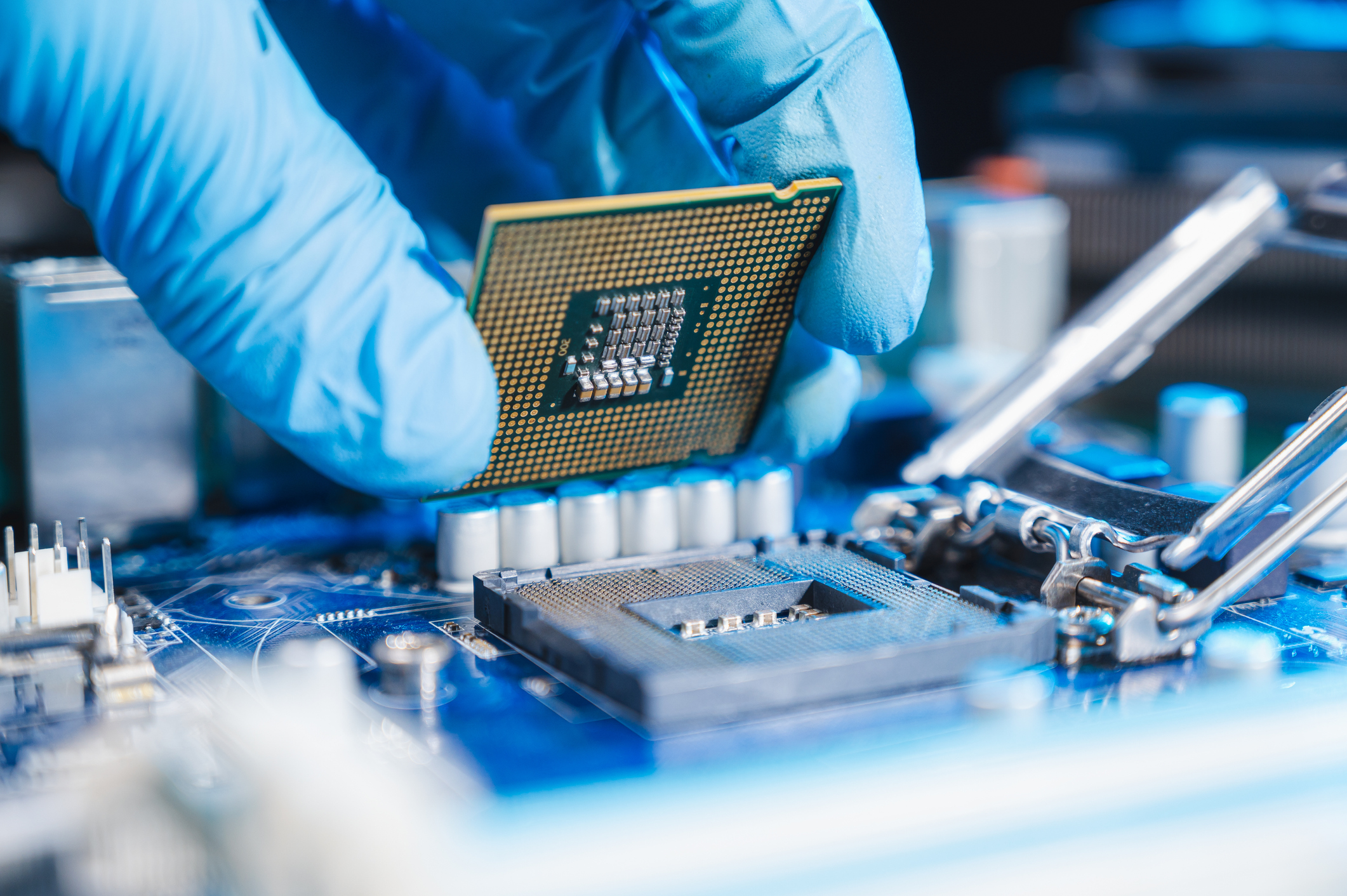
Japan’s government is set to provide 92.9 billion yen (£562 million) to Kioxia Holdings and Western Digital to help the companies boost their productions and ensure the country has a stable supply of memory chips.
The country has been seeking to solidify its chip supply chain by investing in the sector in recent months. The funding is part of a subsidy intended to revive chip production in the country, at a time when supply chains around the world have been affected by heightened US-China relations and the pandemic.
Kioxia and Western Digital operate a joint flash memory chip plant in Yokkaichi in central Japan. In February this year, Western Digital revealed that certain materials at two of its manufacturing units, operated by its joint-venture partner Kioxia, were contaminated. It was said this affected production operations at both its Yokkaichi and Kitakami flash fabrication facilities. Some analysts predicted NAND flash storage device prices may increase this year by 5-10% because of the contamination.
"We believe the investment will help stabilise advanced memory chip production in Japan," economy and trade minister Koichi Hagiuda said at a press briefing as reported by Reuters. "It will contribute to Japan-U.S. cooperation in semiconductors."
RELATED RESOURCE
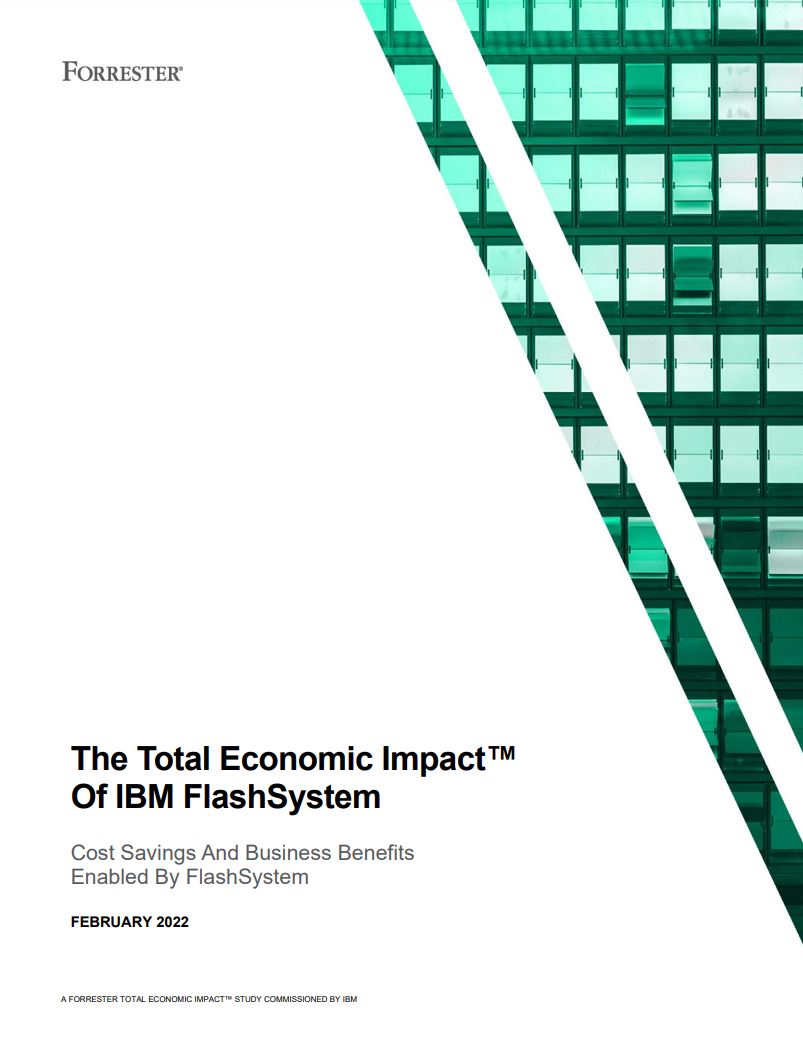
The Total Economic Impact™ Of IBM FlashSystem
Cost savings and business benefits enabled by FlashSystem
Additionally, Hagiuda and foreign minister Yoshimasa Hayashi are set to visit the US this week for their first ever talks with US counterparts on broadening security cooperation to industrial and economic policy.
“We appreciate the support of the Japanese government and will continue to produce cutting-edge flash memory which is indispensable for a digital society where cloud services, 5G communications, IoT, AI and automated driving are expanding. We are committed to further advancing the semiconductor industry and contributing to the development of the domestic and global economies,” said Nobuo Hayasaka, president and CEO of Kioxia.
Japanese companies have invested in the US in this sector. Japanese chipmaker Sumitomo Electric, for example, announced last July that it would produce semiconductors for 5G base stations in the US from September, aiming to serve both the US and European markets. The company planned to double its supply capacity to its US operations.
Sign up today and you will receive a free copy of our Future Focus 2025 report - the leading guidance on AI, cybersecurity and other IT challenges as per 700+ senior executives
The Japanese government has been investing in other domestic chip projects too. In November 2021, TSMC and Sony declared they would work together to build a $7 billion chip factory in the country as it looked to secure future semiconductor supplies by attracting foreign chipmakers. Some of the initial funding was set to be provided by the government, although it wasn't specified how much.
Zach Marzouk is a former ITPro, CloudPro, and ChannelPro staff writer, covering topics like security, privacy, worker rights, and startups, primarily in the Asia Pacific and the US regions. Zach joined ITPro in 2017 where he was introduced to the world of B2B technology as a junior staff writer, before he returned to Argentina in 2018, working in communications and as a copywriter. In 2021, he made his way back to ITPro as a staff writer during the pandemic, before joining the world of freelance in 2022.
-
 Notorious RAMP hacker forum seized by FBI
Notorious RAMP hacker forum seized by FBINews Billing itself as the “only place ransomware allowed", RAMP catered mainly for Russian-speaking cyber criminals
-
 UK cyber jobs have tripled since 2021
UK cyber jobs have tripled since 2021News While the number of cyber jobs is surging, there’s still much work to be done tackling the country's skills gap
-
 Boomi snaps up former MuleSoft executive as APJ channel lead
Boomi snaps up former MuleSoft executive as APJ channel leadNews Global software veteran Jim Fisher will work to expand the company’s channel operations across the region
-
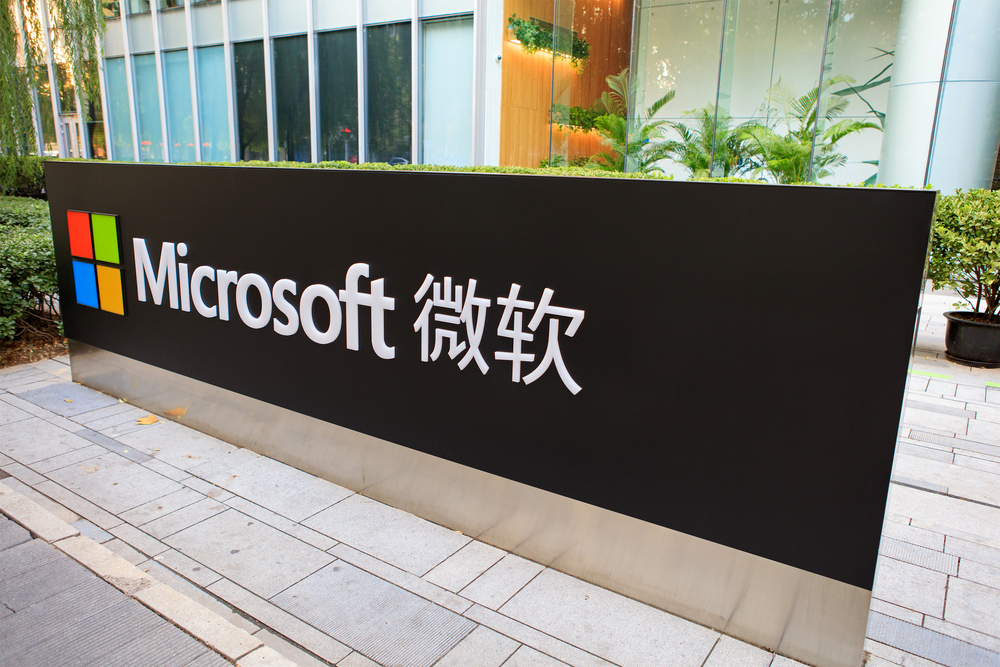 Why Microsoft Teams has only just launched in China
Why Microsoft Teams has only just launched in ChinaNews The tech giant has officially launched Teams via its local partner in China, after it was launched globally in 2017
-
 UK startup's Equinix deal marks step towards broad quantum computing access
UK startup's Equinix deal marks step towards broad quantum computing accessNews Businesses around the world will be able to use its quantum computing as a service platform through Equinix
-
 MI5 to establish new security agency to counter Chinese hacking, espionage
MI5 to establish new security agency to counter Chinese hacking, espionageNews The new organisation has been compared to GCHQ’s NCSC, and will provide companies advice on how to deal with Chinese companies or carry out business in China
-
 UK set to appoint second-ever tech envoy to Indo-Pacific region
UK set to appoint second-ever tech envoy to Indo-Pacific regionNews The role will focus on India after Joe White was made the first technology envoy, a role focused on the US, in 2020
-
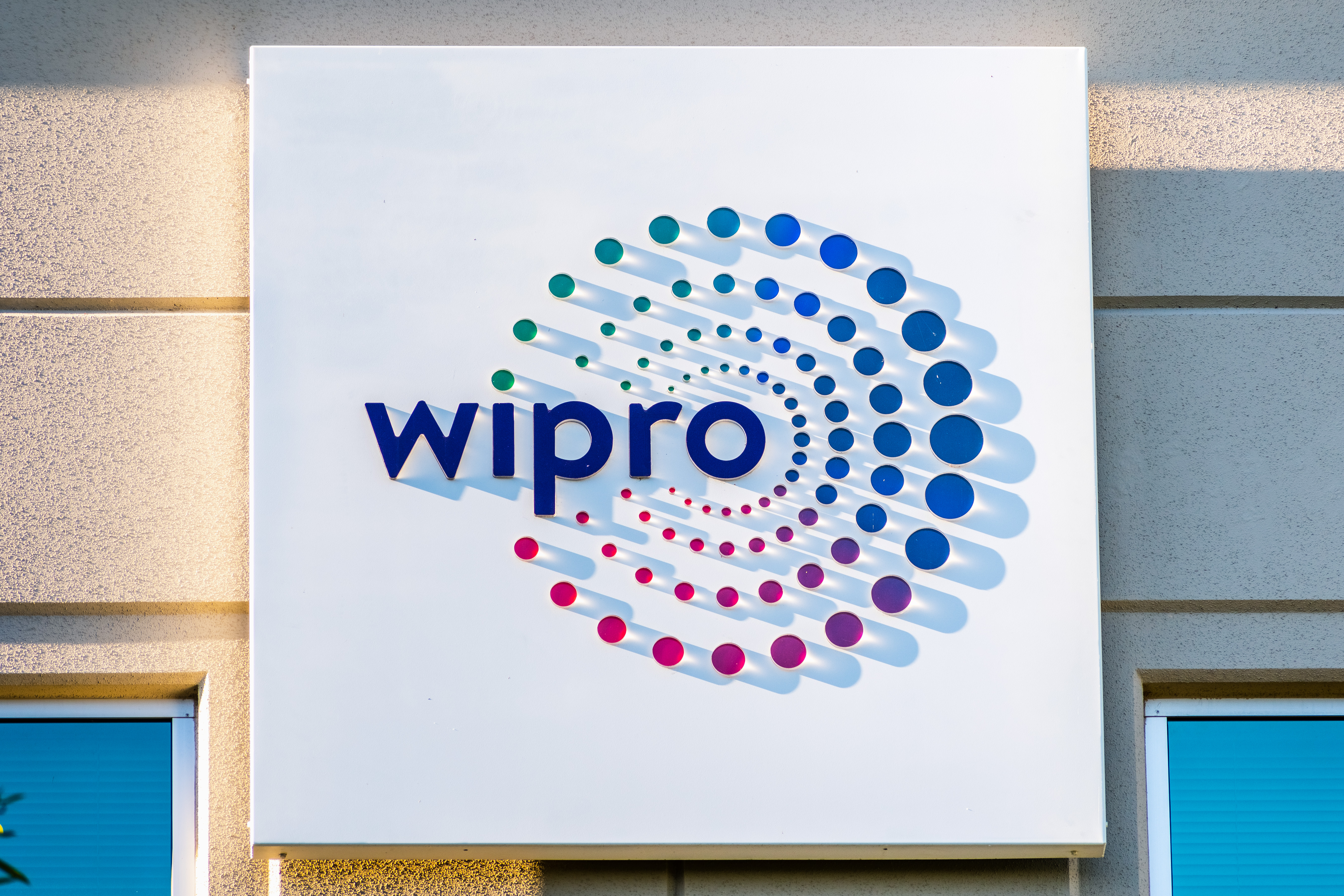 Wipro faces criticism after cutting graduate salaries by nearly 50%
Wipro faces criticism after cutting graduate salaries by nearly 50%News Graduates were given days to decide whether they would accept greatly reduced pay offers, prompting union action
-
 Freshworks appoints Sandie Overtveld as new SVP of APJ and MEA
Freshworks appoints Sandie Overtveld as new SVP of APJ and MEANews The digital transformation veteran brings years of regional expertise to lead Freshworks’ growth strategy
-
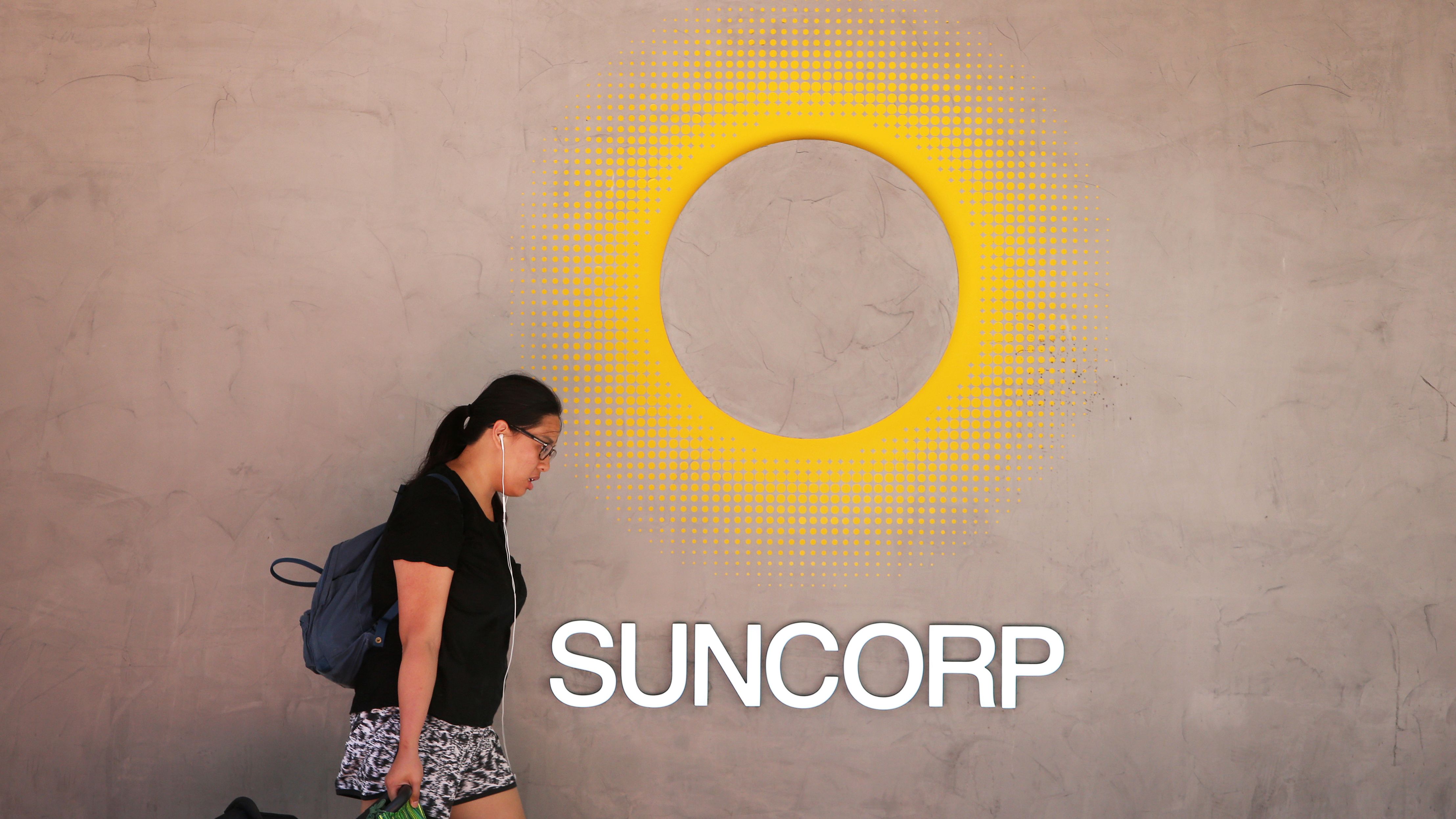 Suncorp signs three-year Azure deal to complete multi-cloud migration by 2024
Suncorp signs three-year Azure deal to complete multi-cloud migration by 2024News The financial services firm seeks to wind down its on-prem data centres and wants 90% of its workloads in the cloud by the end of the year
